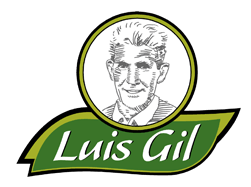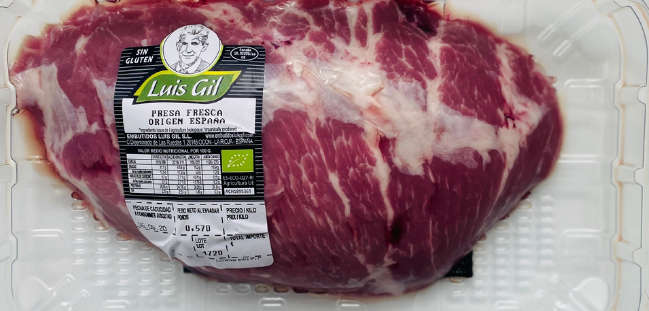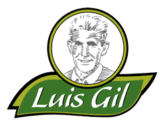The recent controversy following Minister Garzón's statements about “macro farms” has gone a long way. One of the aspects that have been put on the table due to the debate generated is the labeling of meat products. Consumers want to know, not only where the meat they consume geographically comes from, but also how the animals have lived and what is the livestock exploitation model with which they have been raised.
The current labeling of meat products allows the consumer to know where the animal has been raised, if it has passed through other facilities and where it has been slaughtered. This is what is known as food traceability and is used to keep track of that product throughout the production chain, to maintain and safeguard food safety and to know who is responsible if the meat is in poor condition or is produced. a poisoning.
But this labeling does not communicate details about what the animal's life has been like, nor the pollution produced by the different types of facilities or the connection with the territory of the livestock farms. Something that consumers are beginning to value.
There are different quality seals, such as Protected Geographical Indications, or Designations of Origin, which provide information on the origin, and on the other hand, there are also private seals that certify certain practices but are not subject to common approval or legislation. Not always, but on some occasions these private certifications can respond to practices such as “greenwashing”. A super widespread marketing strategy that is used to “disguise” products as ecological when in reality they are not.
Recently, consumer concern about knowing the livestock production model linked to meat products has given rise to several initiatives to request more transparent labeling from governments.
The European ecological seal, a guarantee of production that respects animals and the environment

Sin embargo sí que existe un sello, la eurohoja, que garantiza que un producto cárnico ha sido producido bajo los estándares de la agricultura y la ganadería ecológicas. Este identificativo facilita que los consumidores identifiquen los productos ecológicos que han sido debidamente certificados por un organismo de control autorizado y que cumplen con las exigentes condiciones de producción, transformación, transporte y almacenamiento detalladas en la normativa europea.
En este sentido los productos de origen animal con certificación ecológica, como en nuestro caso la carne y embutidos ecológicos elaborados por Embutidos Luis Gil, ofrecen al consumidor la absoluta garantía de que han sido producidos bajo las premisas del bienestar animal, el respeto al medioambiente y con únicamente ingredientes procedentes de agricultura ecológica libres de productos químicos y organismos modificados genéticamente (OMG).



